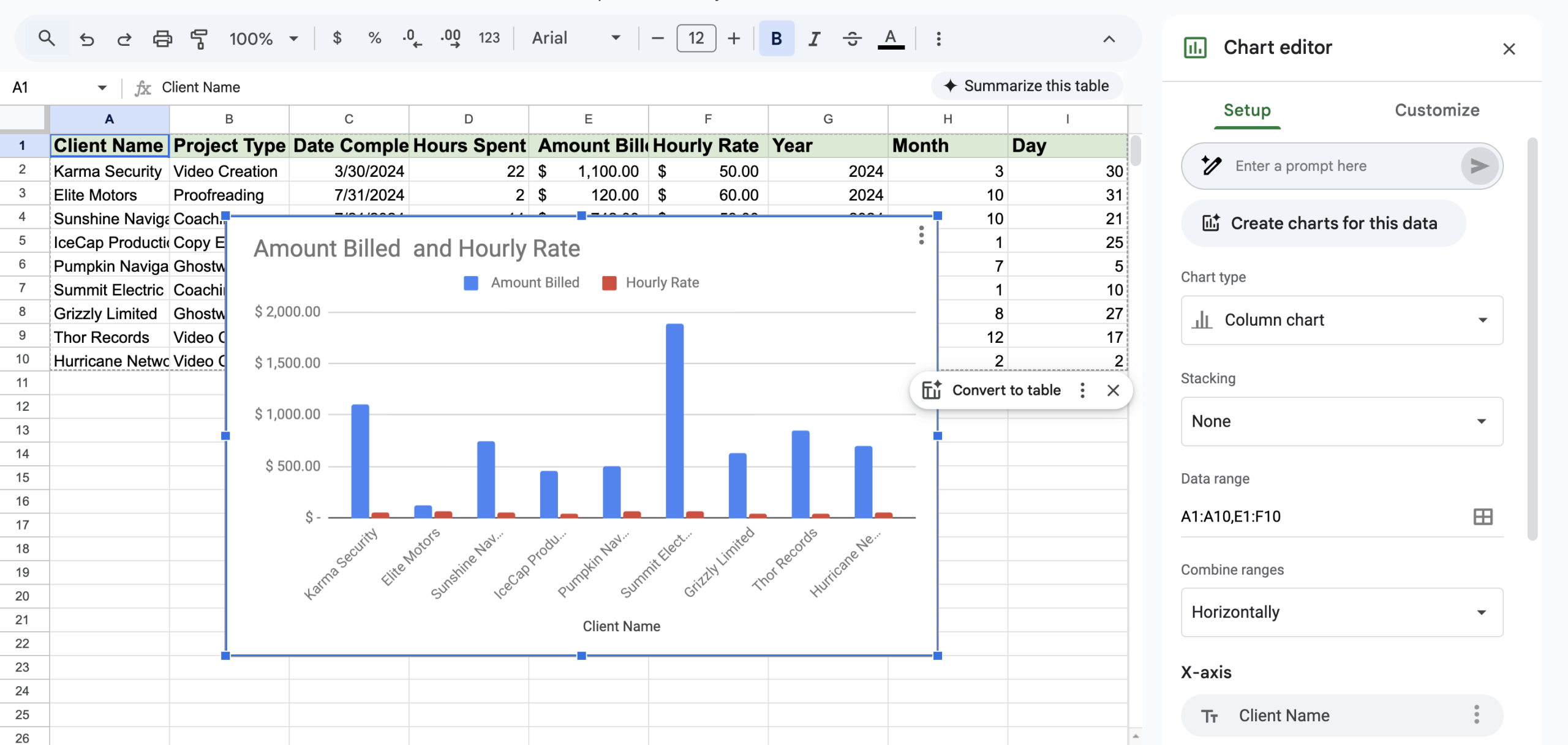Whitepaper Why Simpler Web Apps Still Win: Balancing Speed, Security, and Value in Business Software

Executive Summary
In a technology climate dominated by native apps and complex JavaScript frameworks, businesses face pressure to follow trends rather than ask a fundamental question: what delivers the most value to customers quickly and securely?
For many business applications — CRMs, dashboards, booking systems, portals — the answer remains the same as it was a decade ago: a server-rendered web application built on a proven framework like PHP/Laravel.
This paper explores the benefits, trade-offs, and business implications of this approach, highlighting why simplicity often outperforms complexity in enterprise software.
1. Speed to Market
Simplicity in Architecture
- Single technology stack: Business logic, templates, and data live in one framework.
- No split teams: Backend and frontend don’t need separate specialists.
- Rapid iteration: New features can be prototyped and deployed in days, not months.
Business Value
- Lower costs: Fewer resources required for delivery and maintenance.
- Faster ROI: Features reach users sooner, accelerating adoption.
- Agility: Businesses can adapt quickly to new requirements without long development cycles.
Case Example: A mid-sized logistics company cut its delivery portal launch time by 40% using a server-rendered Laravel approach compared to a planned React/Vue frontend build.
2. Consumer Security and Trust
Reduced Attack Surface
- No permanent app installs: Users interact only when needed, reducing tracking and exposure.
- Fewer dependencies: Without large JavaScript bundles, there are fewer potential vulnerabilities.
- Ephemeral interactions: Customers authenticate, transact, and leave — minimizing the risk window.
Business Value
- Compliance made easier: Simpler architecture lowers complexity around GDPR, HIPAA, or SOC2 compliance.
- Reputation protection: Customers value companies that prioritize safety over intrusive convenience.
3. Performance That Matters
Lean and Reliable Delivery
- Small payloads: Server-rendered pages often under 300KB load quickly, even on slow connections.
- Universal compatibility: Works across devices and browsers without forcing users to download updates.
- Progressive enhancement: Features like chat indicators or live dashboards can be added using lightweight AJAX or WebSockets, avoiding the overhead of full SPA frameworks.
Business Value
- Accessibility: Customers with limited connectivity or older devices aren’t excluded.
- Consistency: Applications perform predictably across markets, improving adoption rates.
4. When to Consider Heavier Frontend Stacks
Complex frontend frameworks (React, Vue, Angular with TypeScript) have their place. They enable highly interactive, consumer-facing applications such as:
- Real-time collaboration platforms (e.g., Google Docs, Slack).
- Design-heavy applications (e.g., Figma, Notion).
- Native app ecosystems where portability is key.
But these cases represent a small minority of business applications. For most enterprise needs, the added complexity, cost, and maintenance burden outweigh the benefits.
5. Conclusion: Pragmatism Over Hype
The web remains the universal platform — accessible on any device, in any browser, without requiring installation or maintenance from the end user.
- For executives, a PHP framework approach means lower costs, faster delivery, and reduced compliance risk.
- For customers, it means trust, security, and convenience without unnecessary apps.
Sometimes, the most effective technology choice is not the newest or flashiest, but the one that delivers speed, security, and simplicity in equal measure.
Key Takeaways for Decision-Makers
- Cut complexity: Server-rendered apps reduce moving parts and risks.
- Accelerate timelines: Faster delivery means quicker value realization.
- Earn trust: Secure, lean apps align with consumer expectations of privacy and simplicity.








Related Posts